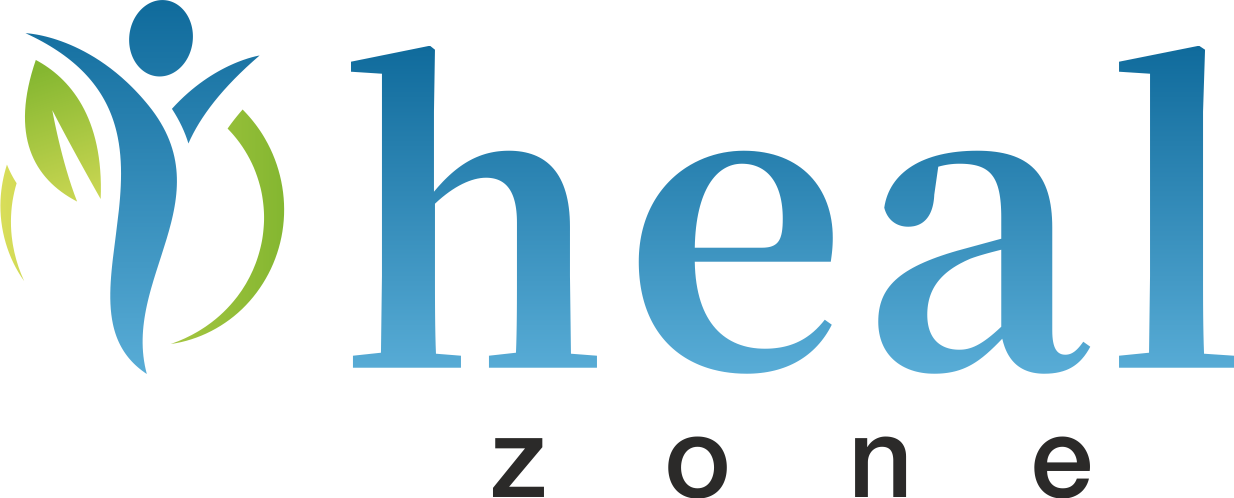Introduction
In recent times, the term 'anxiety' has gained familiarity worldwide as more people seek ways to manage and reduce anxiety immediately. Stress, fear, and panic often contribute to anxiety, accompanied by feelings of frustration and unease. This guide is dedicated to international patients considering medical tourism in India through Healzone Medical Tourism, offering insights into anxiety management and holistic well-being. We are here to support you with the best medical institutions in the world that have highly skilled and world-famous Doctors at the most affordable cost in India.
Understanding Anxiety
Anxiety is a complex emotional state characterized by the feelings of dread and discomfort. Usually, it can be triggered by various situations, leading to symptoms such as tension, restlessness, sweating, and a rapid heartbeat. Short-term anxiety may arise during events like school examinations or public speaking engagements, while individuals with anxiety disorders may experience more prolonged and overwhelming episodes of it.
Common symptoms of anxiety include:
- Tension & Dizziness
- Shortness of breath
- Behavioral changes
- Weakness and fatigue
- Unexplained body pain
- Trouble concentrating
- Restlessness & Rapid heartbeat
- Out-of-control anxious thoughts or beliefs
The specific causes of anxiety remain unclear to medical professionals, but factors like genetics, brain biology, chemistry, stress, and environmental influences likely play significant roles. Anxiety can manifest in various forms, including:
Panic Disorder: Characterized by extreme panic episodes and recurring bouts of fear.
Phobia: Involves intense, irrational fear with little or no real threat.
Generalized Anxiety Disorder (GAD): Occurs due to concerns about money, health, family, or work, leading to persistent anxiety.
Coping with Anxiety: Effective Strategies
Managing anxiety is crucial for both mental and physical well-being. Here, we explore various strategies to help international patients reduce anxiety during their medical tourism journey in India.
a. Natural Remedies
Harnessing the power of natural remedies can provide comfort and relief from anxiety. These methods are not only effective but also cost-effective:
1. Adequate Rest: Quality sleep, lasting seven to nine hours each night, is essential for emotional and physiological well-being. Deep sleep aids in emotional regulation, reducing physiological reactivity and preventing anxiety escalation.
2. Physical Activity: Engaging in regular physical activities such as walking or running releases endorphins, the body's natural painkillers. Exercise also improves sleep and stress reduction, combating anxiety.
3. Music Therapy: Numerous studies have shown that listening to music can calm the mind and lower anxiety levels. Experiment with different genres to discover what soothes your soul and relieves stress.
4. Balanced Diet: A diet rich in complex carbohydrates, like whole grains, promotes serotonin production in the brain, offering a calming effect. Prioritize foods like oatmeal and quinoa to manage anxiety.
5. Herbal Remedies: Herbs like passionflower, valerian, chamomile, and lavender are known for their anxiety-reducing properties. However, exercise caution, as herbal supplements are not monitored as rigorously as conventional medications.
b. Exercises for Anxiety Relief
Regular physical activity is an excellent way to manage anxiety while maintaining physical fitness. Here are some exercises to consider:
1. Simple Breathing: This straightforward breathing exercise can be done throughout the day to reduce anxious thoughts and feelings. Follow these steps:
- Sit or lie down comfortably with relaxed shoulders.
- Inhale slowly through your nose, allowing your chest to expand slightly.
- Exhale slowly through pursed lips, keeping your jaw relaxed.
- Repeat as needed for relief.
2. Resonance Frequency Breathing: Also known as coherent breathing, this technique promotes relaxation and reduces anxiety. Try it:
- Begin in a lying position.
- Inhale through your nose to a count of six.
- Exhale slowly and gently, avoiding force, for at least ten cycles.
- Rest for a few minutes afterward.
3. Pursed Lip Breathing: Designed to calm the nerves and enhance relaxation, this exercise is simple to perform:
- Sit or lie comfortably, ensuring relaxed neck and shoulders.
- Close your mouth, keeping your lips soft.
- Inhale slowly through your nostrils for 2-3 seconds.
- Exhale slowly through pursed lips, resembling a kiss.
- Repeat multiple times.
4. Roll Breathing: Ideal for individuals experiencing rapid heartbeat and shortness of breath during anxiety episodes:
- Lie flat, gently bending your knees to keep your feet flat on the surface.
- Place one hand on your chest and another on your stomach.
- Breathe into your lower lungs, allowing your stomach to rise.
- Continue the motion, expanding your chest.
- Exhale and return both hands to their original positions.
5. Progressive Muscle Relaxation: This exercise can help manage anxiety symptoms effectively:
- Begin by lying on your back, stretching out comfortably.
- Inhale slowly.
- After 10-15 seconds, inhale and tense the first muscle group.
- Exhale and release the tension.
- Relax for about 20 seconds before moving to the next muscle group.
c. The Power of Meditation and Yoga
Relaxation techniques such as meditation and yoga can effectively manage anxiety by calming the mind and redirecting negative thoughts and emotions.
Meditation: Training the mind to focus on thoughts, meditation effectively alleviates mental anxiety symptoms. Daily practice can lead to profound anxiety reduction, promoting deep relaxation and mental peace.
Yoga: Yoga offers respite from constant anxiety, calming the mind and body while reducing stress and anxiety. Explore the following yoga poses for anxiety relief:
- Virasana (Hero Pose): Seated posture that encourages relaxation and controlled breathing.
- Vrikshasana (Tree Pose): A standing pose that collects thoughts and promotes mental clarity.
- Trikonasana (Triangle Pose): Energizing and effective for diverting thoughts from anxiety.
- Marjariasana (Cat Pose): A breathing and relaxing exercise to calm the mind.
- Uttanasana (Standing Forward Bend): Strengthens muscles while releasing tension and anxiety.
d. Treatment Options for Anxiety
For persistent or severe anxiety, seeking professional help is essential. Explore various treatment options, including:
Psychotherapy: This involves working with a therapist through psychological counselling sessions. We have collaboration with the best therapist in India to provide the customised treatment to our guests from all across the world. Therapy helps individuals learn to manage symptoms and regain normal functioning. Exposure therapy, which gradually confronts anxiety triggers, is one approach.
Cognitive Therapy: Focuses on changing thinking and belief patterns associated with anxiety. By targeting anxious thoughts, cognitive therapy promotes lasting relief.
Behavior Therapy: Exposes patients to anxiety triggers in a controlled manner. Therapists guide patients through the gradual process of confronting and understanding their fears.
Medications: In some cases, doctors may prescribe medications to manage anxiety. Options include anti-anxiety medications, antidepressants, sedatives, or beta blockers.
e. Dietary Habits to Alleviate Anxiety
- Diet plays a significant role in managing anxiety. Incorporate the following food items into your diet to help reduce stress and anxiety:
- Complex Carbohydrates: Foods like whole grains boost serotonin levels, promoting a calming effect. Opt for oatmeal and quinoa instead of simple carbs.
- Vitamin D and Omega-3s: Deficiency in vitamin D can contribute to anxiety and depression. Fatty fish like salmon and eggs are excellent sources of vitamin D and omega-3 fatty acids.
- Potassium: Regulates stress hormones like cortisol and adrenaline. Consider foods like pumpkin seeds and bananas to manage stress and anxiety.
- Dark Chocolate: Contains tryptophan, which converts into mood-enhancing neurotransmitters like serotonin. Enjoy dark chocolate for its stress-reducing properties.
- Yogurt: Rich in probiotics, yogurt reduces inflammation in the body, helping alleviate stress, anxiety, and depression.
- Green Tea: Contains the amino acid theanine, known for its anti-anxiety and calming effects. It also enhances serotonin and dopamine production.
- Brazil Nuts: High in selenium, these nuts reduce inflammation and boost mood. They are also rich in vitamin E, which aids in anxiety treatment.
Recognizing When to Seek Professional Help
- It's vital to identify when professional assistance is necessary. Seek medical help if:
- Anxiety symptoms persist or worsen.
- Repeated and prolonged episodes of fear occur.
- Anxiety interferes significantly with daily life.
- International patients can access medical assistance through Healzone Medical Tourism, which offers a wide network of hospitals and knowledgeable doctors in India.
Best Hospitals for Stress and Anxiety Management:
BLK Super Specialty Hospital, New Delhi
Medanta, The Medicity, Gurgaon
Fortis Memorial Research Institute, Gurgaon
Indraprasth Apollo Hospital, New Delhi
Conclusion
Managing anxiety is essential for a fulfilling and healthy life. Different strategies work for different individuals, so it's crucial to find what suits you best. If anxiety persists or hampers your daily life, do not hesitate to seek professional help. Your journey to anxiety relief can be complemented by the world-class medical facilities and holistic care provided by Healzone Medical Tourism in India.
FAQs
What are the common symptoms of anxiety?
Common symptom of anxiety includes Tension, Dizziness, Restlessness, Rapid, heartbeat, Shortness of breath, Behavioral changes, Weakness and fatigue, Unexplained body pain and Trouble concentrating.
How can I manage anxiety using natural remedies?
You can manage your anxiety by managing the above-mentioned factors like various Yoga, Meditation, Food habits and others factors. You may also take medical support if required.
When should I consult a doctor for my anxiety?
When you feel continuous symptom that is not natural and is affecting your daily life badly, you should consult with a medical professional. Here are some of the best doctors who may help you with their expertise.
This comprehensive guide on managing anxiety for international patients considering medical tourism in India integrates valuable information while emphasizing Healzone Medical Tourism's commitment to holistic patient care. Just get in touch with us our dedicated team will make sure to make your medical journey successful and memorable as well. We will support and arrange everything from travel to accommodation, Treatment to tourism everything.
 Translate
Translate
 English
English  العربية
العربية  Русский
Русский  বাংলা
বাংলা 

